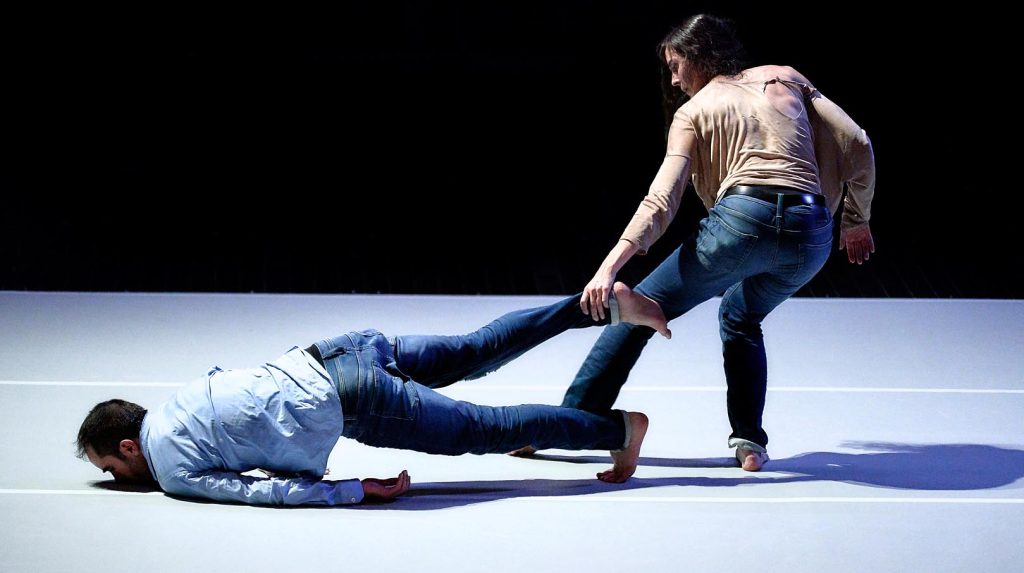“When no one sees me, I can be or not be
When no one sees me, I turn the world upside down
When no one sees me, my skin doesn’t limit me
When no one sees me, I can be or not be
When no one sees me…”
This beautiful song by Spanish singer and songwriter Alejandro Sanz sums up what human beings’ treasure; what they are in private, when no one sees them. Many times, their behavior is very distant from their essence.
And why does this happen? This is the million-dollar question (since this currency has risen, it has become more attractive to talk in these terms). Returning to human behavior, sociologists and psychologists affirm that men have been stereotyped as insensitive, basic, dominant, strong and competitive in front of women.
In an interesting article by journalist Vega Fernández Calvo, the concept of male fragility is addressed: “Masculinity is a social construct, a construction in time and space. It is based on the tradition of associating men with a perfectly defined stereotype. This can lead to misogynistic, homophobic, or violence-promoting attitudes. This includes sexual aggression and gender-based violence”.
Male fragility refers to all the attitudes that have been built from the macho and patriarchal model that requires men to hide their emotions and fears and validates them to be insensitive, independent, and superior.
In her article, the journalist points out that: “The male has to make a great effort to sustain this required stereotype. This often puts him at a dead end. The problem arises when, feeling his masculinity threatened, he attacks. This action is very well weighted within this macho stereotype”.
The reality is that this model has become a very heavy burden for some men who, sometimes, have many difficulties in their sexual life because they feel that they are responsible for the woman to experience orgasms, that he cannot lose his erection, that he should not ejaculate so fast, that he should not be so romantic, and in the end they are so stressed, with so many requirements in their head, that they do not enjoy their intimacy.
The ideal is for men to assume their masculinity with total freedom, without limiting their emotions and feelings. Therefore, it is necessary for the upbringing model of both fathers and mothers to be more flexible from childhood, because it is a decisive stage in which they forge values and behaviors that are determinant for the free development of the child’s personality.
Vega affirms that these traditionally accepted masculine values shape male fragility and have been present in our society for thousands of years. When homos sapiens, through force, exercised dominance and control.
“In fact, the most successful homos sapiens were those who could fight and hunt. The strongest. So, in those times, the most desirable traits in a man would probably include aggression, ruthlessness, and physical strength,” says the journalist.
Modern societies have undergone a change in attitude and thinking that does not applaud these old male behaviors. Of course, there are cultures and societies more rooted in the patriarchal model that is increasingly distant from the reality of life today.
Fragile masculinity, according to Vega, refers to the idea that all those attributes that define a man are questioned the moment someone does not comply with one of them: “The fragility of masculinity lies precisely in the need to constantly demonstrate masculine potency”.
The journalist mentions some examples that expose male fragility:
– Not carrying his wife’s or girlfriend’s purse.
– Avoiding physical contact with other men.
– Assuming the role of driver always in the family.
– Making fun of a man who does not eat meat.
– Not wearing pink or fuchsia clothes because they are exclusively for women.
Just out of curiosity, did you answer yes to most of the examples? These are some situations that in your normal life could occur and that clearly demonstrate the need and duty to educate our children in values such as equality, respect and freedom.
Traducido del español: Catalina Oviedo Brugés
















